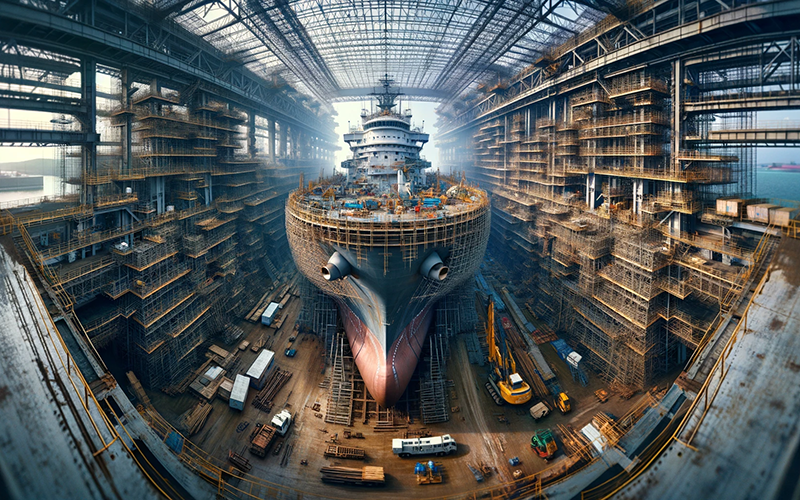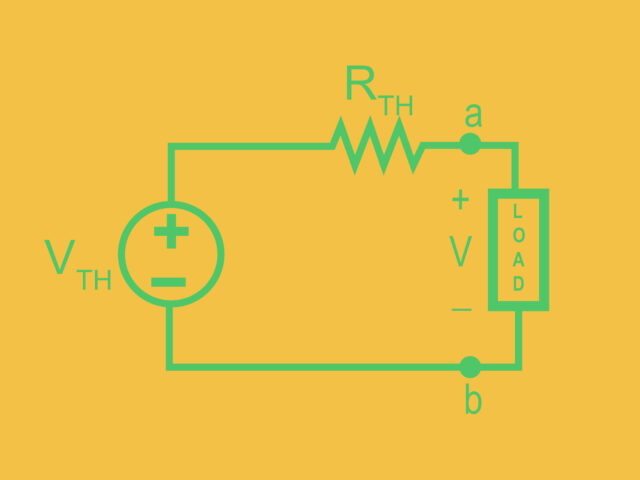Marine engineering is a specialised field that combines engineering principles with maritime knowledge to design, develop, operate, and maintain vessels and their onboard systems.
With the maritime sector playing a crucial role in global trade, the demand for skilled marine engineers remains consistent, and for university students looking to enter this field, understanding the landscape of hiring and opportunities is essential.
Apprenticeship schemes
Apprenticeships in marine engineering provide an effective blend of academic learning and practical experience, appealing to those who value hands-on training within the maritime sector.
These programmes, typically lasting three to four years, are crafted in partnership with maritime enterprises, ensuring the curriculum meets industry standards. Apprentices gain firsthand exposure to marine systems, including propulsion, power generation, and the maintenance of electrical and mechanical systems aboard ships. This immersive learning environment allows apprentices to apply theoretical knowledge directly to real-world scenarios, fostering a deep understanding of maritime operations, safety protocols, and environmental stewardship.
Internships and co-op programmes
The journey into marine engineering often begins with internships and cooperative education programmes. These opportunities, offered by maritime companies and shipyards, are important stepping stones, providing students with invaluable hands-on experience.
Beyond applying theoretical knowledge to practical challenges, internships are a gateway to industry networking, often paving the way for full-time employment after graduation. The duration of these programmes can vary, typically lasting between three to six months, and they offer a valuable glimpse into the life of a marine engineer.
Entry-level positions
Graduation brings about the transition from student to professional, with entry-level positions awaiting eager graduates. These roles, designed to build upon the foundational knowledge gained in university, offer a practical arena to develop and hone engineering skills.
Tasks may range from assisting in designing propulsion systems, maintaining mechanical systems aboard vessels, to ensuring compliance with safety and environmental standards. Under the guidance of seasoned engineers, newcomers can expect a nurturing yet challenging environment, fostering professional growth.
Qualifications and skills
Marine engineering roles typically require a bachelor’s degree in marine engineering or a closely related discipline, such as mechanical engineering with a marine focus.
Advanced positions, particularly in design and research, may necessitate a master’s degree. Key skills for success in this field include a robust understanding of mathematics and physics, adept problem-solving capabilities, proficiency in specialised engineering software, and a thorough knowledge of maritime regulations.
Professional development
The marine engineering sector is marked by rapid technological advances and evolving industry standards. Engaging in continuous professional development is essential for career advancement.
Certifications and memberships in esteemed bodies like the Institute of Marine Engineering, Science and Technology (IMarEST) are highly regarded, enhancing an engineer’s credentials and network. Furthermore, participation in industry conferences and seminars is invaluable for keeping abreast of the latest technological trends and regulatory changes.
The job outlook
The ongoing push towards sustainable and environmentally friendly maritime solutions is expected to fuel the need for innovative engineering approaches, offering a fertile ground for graduates.
Salaries in marine engineering are influenced by several factors, including geographical location, experience, and sector, with opportunities for growth and advancement as skills and experience accumulate.
For those who are considering embarking on the voyage towards a career in marine engineering, the channel is marked by opportunities for hands-on experience, professional growth, and participation in the advancement of sustainable maritime technologies. Internships and co-op programs and apprenticeships serve as invaluable entry points, while continuous learning and professional development ensure career longevity.
As the maritime industry continues to evolve, the role of marine engineers will be more crucial than ever, steering the world’s fleets towards a sustainable and efficient future.




